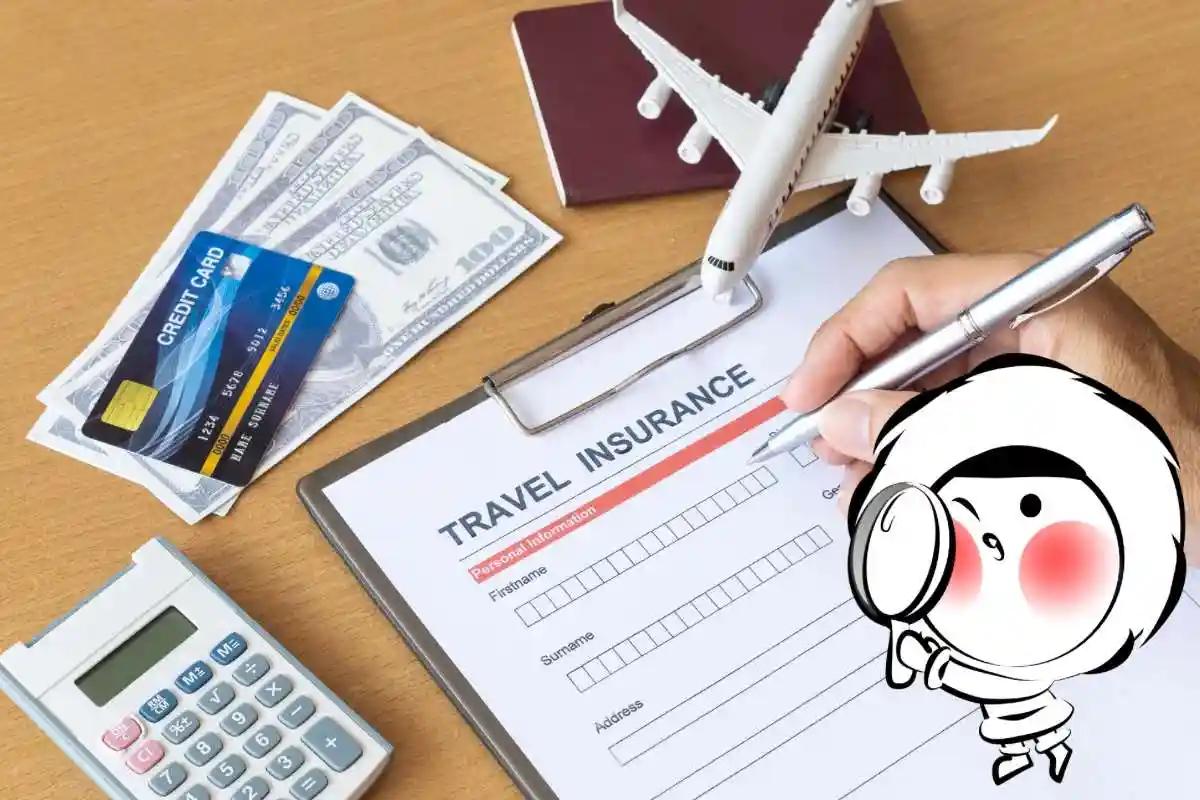Is Travel Insurance Worth It?

Is Travel Insurance Worth It?
Is Travel Insurance Worth It?
Yes. It’s often worth every cent. Travel insurance protects you from financial losses that can otherwise derail your trip: medical emergencies, trip cancellations, lost luggage, and more. With rising travel disruptions like infrastructure issues or hurricanes, it’s more important than ever to have coverage.
What Is Travel Insurance?
Travel insurance is a policy that reimburses or covers losses tied to travel mishaps. These include:
- Medical emergencies and evacuation
- Trip cancellation/interruption
- Lost, delayed, or stolen luggage
- Flight delays and missed connections
- Personal liability for accidental damage or injury
Types of Travel Insurance
- Single-trip insurance
Covers one specific journey with defined start and end dates. Ideal for one-off vacations or business trips. You pay just for that trip, no extras. - Annual (multi-trip) insurance
Covers unlimited trips within a 12‑month period, usually with a per-trip duration limit (e.g., 30–60 days). Best for frequent travelers and more cost-effective than multiple single-trip policies. - Backpacker insurance
Geared toward long‑term or multi‑country adventures (often up to 12–18 months). It often includes coverage for gap-year activities, volunteering, or working abroad . - Business travel insurance
Tailored coverage for those who travel primarily for work. This often includes added features like business equipment coverage, meeting cancellations, or liability stemming from professional trips. - Specialist insurance
Designed for trips that require extra protection, such as:- Adventure sports (e.g., skiing, scuba diving, trekking)
- Cruises (covering delays and onboard medical needs)
- Seniors (over‑65 or with pre‑existing conditions)
- Equipment-heavy trips (e.g., photography gear)
What Does Travel Insurance Cost?
- Typical premiums are roughly 4 – 10 % of your total trip cost.
- Medical coverage needs vary by destination; e.g., U.S. trips often need higher limits due to healthcare costs.
- Age, health, trip type, duration, destination, and extras (like winter sports or “cancel for any reason”) influence pricing.
- For example, a 2-week trip to the U.S. might cost $120–300 on a $3,000 investment.
How Much Travel Insurance Do I Need?
Think in terms of coverage categories:
- Medical & evacuation: At least $50,000 for shorter trips; $100,000+ for international and U.S. travel.
- Luggage: Estimate replacement value of personal items.
- Cancellation: Cover upfront non-refundable costs: flights, hotels, tours.
- Add‑ons: Adventure activities, gadgets, liability, CFAR options for added flexibility.
How to Get Travel Insurance
- Buy ASAP after booking (ideally within 14–21 days for full benefits or even before in case of non‑refundable add-ons) and get it via travel agents, banks, or credit cards.
- Compare quotes, via insurers direct, credit card perks, or comparison sites.
- Review policy documents carefully: check for exclusions (e.g. undeclared conditions, risky destinations/activities, government travel bans).
- Disclose pre‑existing conditions to avoid claim rejection; these may raise the premium.
- Check existing coverage: your credit card or bank might include basic travel insurance, though often limited.
- Ensure proof: Some countries and providers require you to show your insurance when boarding or entering borders.
Do I Need Travel Insurance?
- Not legally mandatory in most places, but some countries for cruise lines or tour providers require it .
- For international travel (especially to the U.S.) it’s highly recommended due to high costs.
- Even for domestic trips, insurance can help cover cancellations, baggage, or liability, beyond what standard healthcare covers.
- Those with pre‑existing conditions, elderly travelers, or adventure-seekers definitely benefit from a proper policy.
When Is travel Insurance Worth It?
- High-cost trips ($1,000+), international destinations, or non-refundable bookings.
- Plans involving adventure sports, elderly or unwell travellers.
- High infrastructure or weather disruptions. In summer 2025, delays are forecast to rise due to strikes, hurricanes, and aging systems.
- If your trip includes cruise stops, check for a specialist or add‑on cruise cover.
Do I Need Travel Insurance for Electronics and Internet Connection?
When you're traveling with gadgets or relying heavily on connectivity, standard travel insurance might not fully cover your electronics or data needs. Here's what to consider:
- Gadget add‑on needed. Most standard policies include minimal coverage for electronics, often capped at around $200–500 per item. If you're bringing a high-end laptop, camera, or smartphone, you'll likely need a gadget cover add‑on to get better protection for loss, theft, or accidental damage.
- Internet connectivity isn't insured. Most travel insurance policies don’t cover issues related to your data or internet connection (e.g., loss of service, roaming charges). That’s why having reliable global data is crucial, but better provided through tools like eSIMs rather than insurance.
With Eskimo eSIM, you get seamless, instant global connectivity. Stay connected for emergencies, digital boarding passes, navigation, and support services without relying on hotel or public Wi‑Fi.
FAQs
Do I still need insurance if my credit card offers it?
Maybe—but credit card cover is often limited in age, trip length, or destination, and may exclude extras. Always review the policy .
When should I buy travel insurance?
Buy as soon as you book—ideally within two weeks for optimal protection, or at least 24 hours before travel .
Can I claim for adventure sports mishaps?
If you add relevant coverage. Standard policies typically exclude high-risk activities unless specified.
Will I get a refund if I don’t use my travel insurance after my trip?
No. Once the travel period is over, the insurance policy has ended and most providers consider the premium fully earned. Refunds are only possible during the initial cooling‑off or “free‑look” period, typically within 10–15 days of purchase and before departure.
Should I buy travel insurance every time I travel?
Yes. It’s wise to buy travel insurance for each trip, especially if you're traveling abroad or have non-refundable costs. Frequent travelers might save money with an annual multi-trip policy, but single-trip coverage ensures you’re protected from the moment you book each journey.





